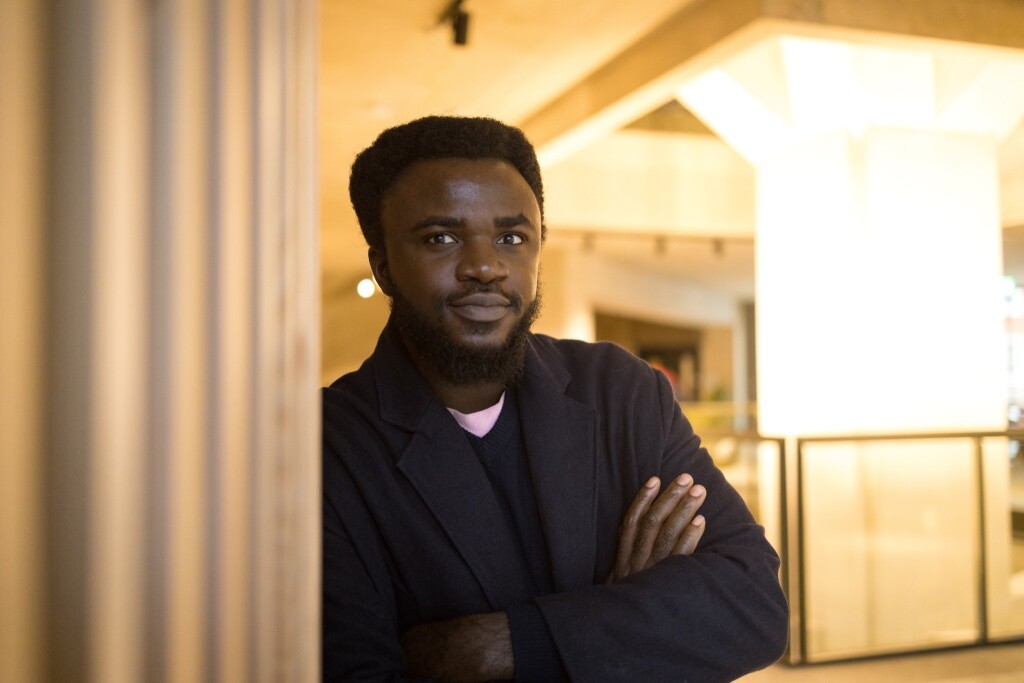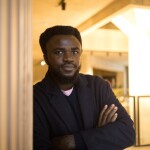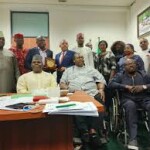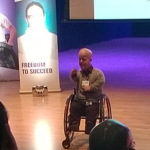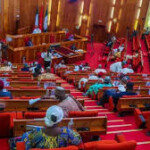Dr. Chris Agape Ajah has implemented interventionist programmes in health service delivery for the underserved in Nigeria. In this interview with Gbenga Ogundare, the public health policy scholar proposes an approach that will give PWDs access to the Universal Health Coverage in Nigeria.
From a disability point of view, how would you assess the National Health Act 2014?
The National Health Act was a significant step by the Nigerian government in healthcare provision led by its Governing council. The policies are highly commendable especially the Basic Healthcare Provision Fund which seeks to provide essential health services to all Nigerians at the primary health care level. Regarding disabilities, I think an area where there’s room for improvement is really providing clarity on inclusion of PWD including targeting, provision of care and possible exclusions or inclusions. While this can be implied by the current provision, recognizing the needs and peculiarities of this group is a key step towards health equity
In case you find any gap(s) in the legislation, what do you think was responsible for them?
It’s difficult to say what could be responsible for legislative gaps, but I think wider consultation during the law making process would be helpful. Consultation with policy experts, healthcare providers and importantly PWDs to understand what is most important to them would be important in developing impactful policies. It is also important that we learn from implementation in other countries and how they are able to achieve health equity for this group, what they did, what mistakes to avoid and adapt those lessons for our unique context.
You have been involved in projects and schemes facilitating inclusive health service delivery. What can you say about the reality that exists between a free healthcare delivery and an affordable one?
The challenge with health financing is always: how do you fund it sustainably? Countries that have achieved universal health coverage have done it by ensuring that the rich and healthy subsidize the cost of healthcare for the poor and sick, and this is championed by government so that access to care is based on need and not ability to pay. The method of fund pooling is often through taxes or means rated premiums, achieving this in a large population such as Nigeria with a large informal sector and high poverty rates becomes quite challenging. To ensure equity in access, healthcare would need to be free for some people and made affordable for others just because the means and financial capacity is varied, achieving this would require robust pooling mechanisms , proper economic household assessment and commitment to healthcare funding by Government ,for example adhering to the Abuja declaration in 2001 and tackling corruption and funds misappropriation. Making healthcare free or subsidized for people with disability is critical in ensuring equitable healthcare access as they often face many economic and social challenges. Proper implementation is however dependent on multiple factors including proper understanding of healthcare benefits by both beneficiaries and healthcare service providers, appropriate pricing of these services, prompt remuneration by the government schemes, standardized quality of service as well as community engagement and support.
Most of the health Acts provide free health delivery for children with disabilities. But "free ", for instance, has never been so. Is it not better to focus a more practicable approach: making it 'affordable'?
In principle there’s really no “free” healthcare, it is often been paid by someone, and the goal of UHC is ensuring that whatever the cost of healthcare, it doesn’t lead to impoverishment. To this end many economies achieve universal healthcare provision by taking from the wealthy and subsidizing the cost for those with lower means and reducing payment at point of care through taxes for example. Often times doing this in a sustainable way over the long run is still a big challenge globally. In Nigeria a large populace and informal economy means a lot of funds can not be tracked and tax schemes become too cumbersome or inefficient, this often leads to insufficient funds pooled and makes it difficult for the government to provide quality healthcare services for free. Poor remuneration leads to poor services and hence demanding for payment at the point of care. It is a multifaceted problem, however subsidized care is still important in achieving equity, the crux is finding a sustainable means to do so.
What is your idea of an inclusive national health policy?
An inclusive national health policy is one that takes into recognition the health needs of individuals and their ability to pay. One that provides access based on need and provides financial protection for vulnerable groups.
Provisions of free or affordable health services for PWDs apply to government health providers. How much inclusive can the profit-driven private providers get with the poor PWDs in Nigeria?
This is a tough point for policy experts. In many countries where parallel systems of health services are run (public and private), the government often regulates the quality of services offered. This can be done by mandating a minimum health service offering that must be covered by both private and public sectors and regulating the standards across board. The government can also mandate private facilities to cater to beneficiaries (including PWDs) of government schemes and deliver pre-agreed essential services. The planning, implementation and scalability of related measures would need resilient and focused leadership.
The NHIA and other subnational types focus basically on accessibility in terms of cost and benefit. Why do they and their framers pay little attention to discrimination in terms of stigmatization, abuse, pity, and others?
Implementation of Equitable Health Access and Universal Health Coverage faces many challenges especially in Nigeria. One of this is lack of sensitization especially on how to administer care and design health packages for vulnerable groups. The absence of this could lead to some of the challenges highlighted. The establishment of the Vulnerable Group Fund I believe is a step in recognizing the unique needs of vulnerable groups and PWDs, and hopefully this would scale into using the funds to provide services, increase awareness, design care and delivery better suited to their needs.
ICT uptake in addressing health needs of PWDs is still very low in Nigeria. Aren’t we in for a situation where Nigerian disability community will continue to rely on foreign ICT innovations unsuited to their environment and other peculiarities?
The use of ICT in healthcare in Nigeria is still in its early stages but we aren’t where we used to be. Indeed there is much room to be covered in bridging the obvious gaps. I think the way forward would be accelerated collaboration between the public and private sector to develop tools that are suited for PWDs. Over the last five years we have seen the rise of health tech solutions and innovation in Nigeria at an accelerated rate. It would be a great step to see institutions established in the country for PWDs foster intentional partnerships with some of these companies and the over all innovation space to accelerate solutions that improve the quality of life. It’s also worth mentioning that with the increased use of AI, there are significant predictions that in the near future it would greatly disrupt healthcare delivery. I believe it is a good time for innovators and key players to consider models and ICT solutions that would improve the quality of life of PWD significantly through machine learning.

